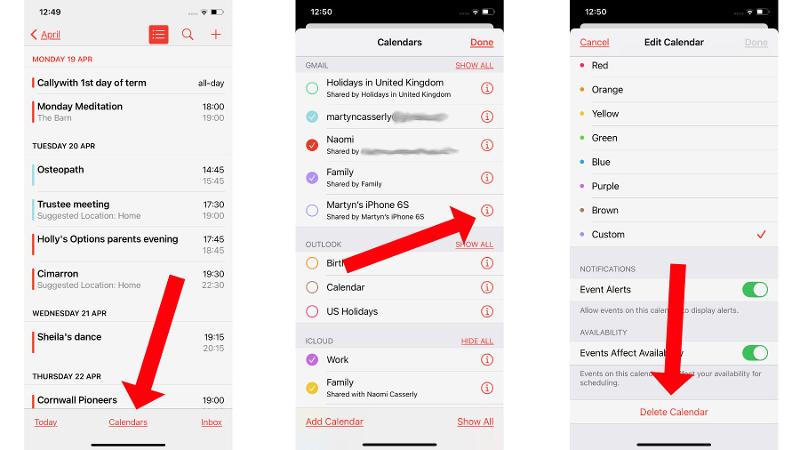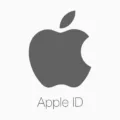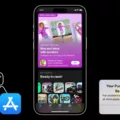When it comes to our digital security, viruses are one of the biggest threats that we face. They can affect our computers and online accounts in a variety of ways – including our calendars. Recently, a new type of virus has been making its way throgh calendar apps, sending out unsolicited messages and inviting people to join events they didn’t sign up for.
In this blog post, we’ll discuss how thee malicious viruses work and how to delete virus from calendar apps like Google Calendar and Apple Calendar. We’ll also provide some tips on staying safe from these types of attacks.
So what is a calendar virus? It’s essentially a type of malicious software that targets calendar applications and sends out invitations or messages without the user’s permission. These invitations or messages often contain links that lead to websites with malicious content or download files with viruses.
The good news is that you can protect yourself from these kinds of attacks by taking some simple steps. Here are some tips for deleting virus from your calendar apps:
• Check regularly for any suspicious activities in your accounts – If you notice any activity that looks suspicious, delete it right away.
• Don’t click on any links contained in emails or messages – If you receive an email or message containing a link, don’t click on it unles you know it is coming from a trusted source.
• Use an antivirus program – Make sure your computer is protected by an antivirus program at all times as this will help protect you against viruses and other malicious software.
• Report suspicious activity – If you notice anything unusual in your calendar app, contact the app’s support team so they can investigate further and take appropriate action if necessary.
• Update your apps regularly – Make sure all your apps are up-to-date as this helps ensure they have the latest security features which helps protect against malware and other cyber threats.
By following these steps, you should be able to keep your calendar app protected against malicious viruses. It’s also important to remember to be vigilant when using any online services – especially when giving out personal information such as passwords or banking details – as this could leave you vulnerable to attack.

Removing a Virus from a Calendar
Removing a virus from your calendar requires using a reliable antivirus software. First, make sure your antivirus software is up-to-date and perform a full system scan. Once the scan completes, the antivirus software should detect any malicious programs and quarantine or remove them from your device. After the virus has been removed, it’s important to run regular scans to ensure that no new threats are present on your calendar.
Removing Viruses from iPhone Calendar
To remove a virus from your iPhone’s Calendar, first open the Apple Calendar app. Then tap Calendars at the bottom of the page to view all of the calendars that are synced to your device. Look for any calendars that you don’t recognize and tap them to see if they cntain any suspicious activity. If there is any activity that looks suspicious, delete it by tapping Delete Calendar at the bottom of the panel. You can also disable or delete any unknown calendar sources in your settings menu. Finally, you should also consider scanning your device for any viruses or malware using a trusted anti-virus app. This will help you protect your device from further infections in the future.
Dealing with a Hacked iPhone Calendar
Answer: If your iPhone calendar has been hacked, the best way to remove the spam calendar is to delete it. For iOS 13 and earlier, go to Settings > Passwords & Accounts, then look undr Subscribed Calendars. Tap on the spam calendar and tap delete. For iOS 14, go to Settings > Calendar > Accounts, then look under Subscribed Calendars. Tap on the spam calendar and tap delete. You may also want to reset your passwords for any accounts that were connected with the hacked calendar.
Dealing with Spam on iPhone Calendars
Your iPhone calendar may be getting spam because you have unknowingly subscribed to a malicious calendar. This culd have happened when you were browsing a website and accidentally clicked on a malicious pop-up or notification. To stop the spam, check your calendar settings and unsubscribe from any suspicious calendars. You should also make sure to only click on notifications or pop-ups from trusted websites and sources.
Unable to Delete an Event on iPhone Calendar
When you can’t delete an event on your iPhone calendar, it is usually because the event is connected to a calendar account that is not linked to your iPhone or iCloud. To delete the event, you need to go to Settings and select Passwords & Accounts. Under Accounts, check if the rogue calendar is listed. If it is, tap on it and then delete the account associated with the event. After deleting the account, try deleting the event again from your calendar app.
Conclusion
In conclusion, viruses are malicious programs that can cause serious damage to computers, networks, and software. Viruses can spread quickly and easily, making them difficult to contain and eliminate. To protect yourself from viruses, it is important to have up-to-date antivirus software installed on all your devices, keep all your software and operating systems up-to-date, be careful when downloading files from the internet or clicking links in emails, and practice safe online habits such as not opening suspicious emails or attachments.








